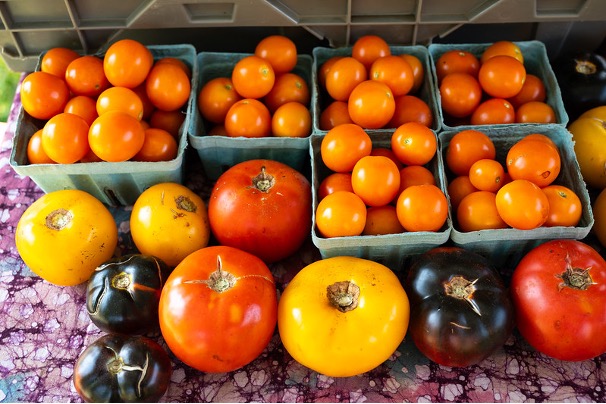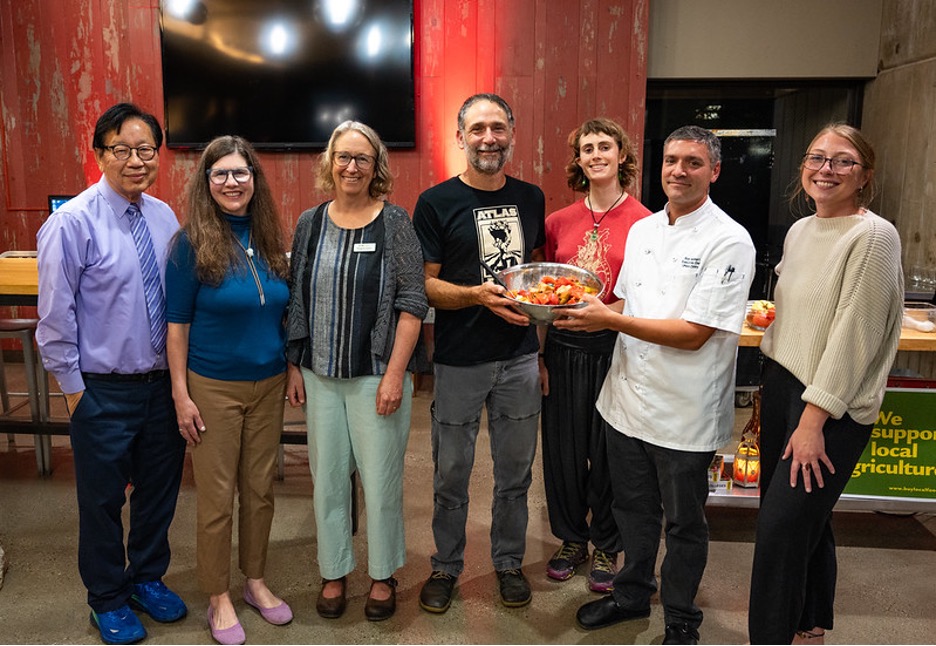Understanding SDG Goal 7: Affordable and Clean Energy for All
In today’s rapidly evolving world, energy is at the core of almost every aspect of our daily lives. From powering homes to fueling industries and technologies, energy is the backbone of modern civilization. However, not everyone has equal access to reliable and sustainable energy sources. This is where SDG Goal 7: Affordable and Clean Energy […]
Understanding SDG Goal 7: Affordable and Clean Energy for All Read More »





